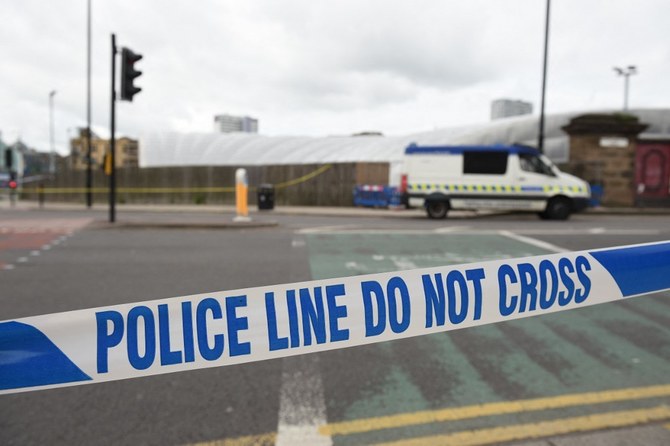LONDON: The owners of Manchester Arena are set to be hit with a series of multimillion-pound lawsuits by victims of the bombing of an Ariana Grande concert at the venue in 2017, with an inquiry report on the attack set to be released this week.
Twenty-two people, mainly young women and girls, were killed when Salman Abedi detonated a bomb in the arena’s foyer, injuring hundreds of others.
His brother Hashem was later jailed for a minimum of 55 years for his role in organizing the attack.
SMG Europe, the owner of the arena, is set to be heavily criticized in the report, due to be published on Thursday, along with the British Transport Police, Greater Manchester Police and Showsec, the company that provided security for the concert.
Showsec is also likely to face lawsuits from survivors and families of the victims for substantial damages.
Sources told the Daily Telegraph that the companies and police forces had all received letters detailing criticisms of them from Sir John Saunders, the inquiry’s chairman, ahead of publication to allow them to respond.
Letters have also been sent to two men — Kyle Lawler and Mohammed Agha — both of whom worked for Showsec at the arena on the night and were alerted to Abedi’s presence by members of the public.
Another source said: “The actions will be levelled against SMG primarily because ultimately they were the ones legally responsible for protecting the audience.”
The lawsuits against SMG and Showsec could run to tens of millions of pounds, with many survivors of the attack experiencing physical injury as well as long-term mental health issues.
Showsec, the inquiry heard, employed a large and predominantly casual labor force who were poorly trained and on minimum wage.
The company said blame for not stopping the attack predominantly lay with the police and SMG, with whom there had been a “breakdown in communication” over checking the area of the venue, a mezzanine level and CCTV blindspot in which Abedi hid for almost an hour. Both SMG Europe and Showsec declined to comment.
Thursday’s report, focusing on security arrangements at the venue, is the first of three set to be released following the inquiry.
The second will examine the emergency response to the attack, and the third will assess whether it was preventable.
The UK Home Office, meanwhile, is considering proposals for a new law — named after one of the victims, Martyn Hett — to require large hospitality and public venues to put in place protection and protocols to prevent terrorist attacks in future.
























